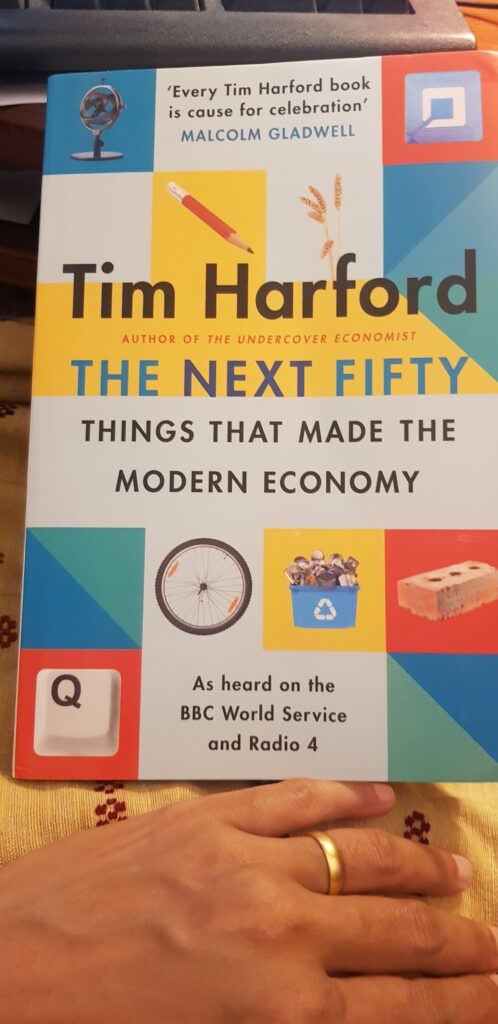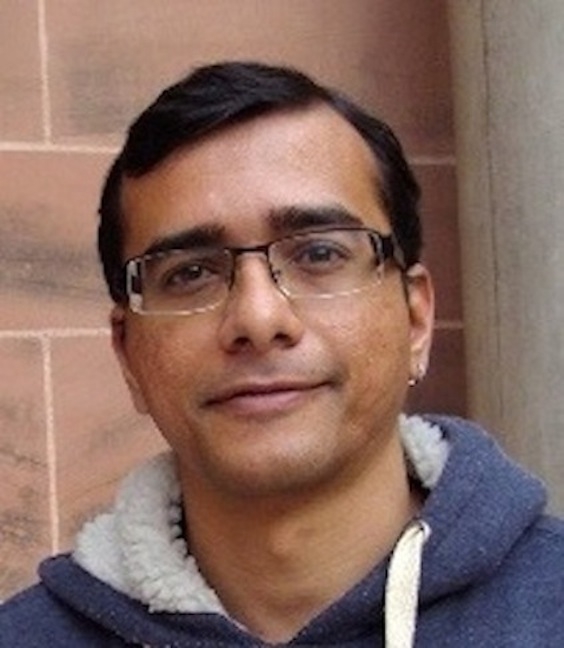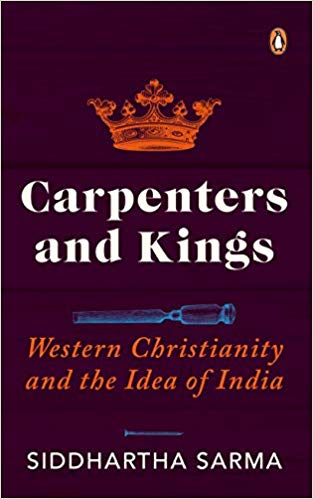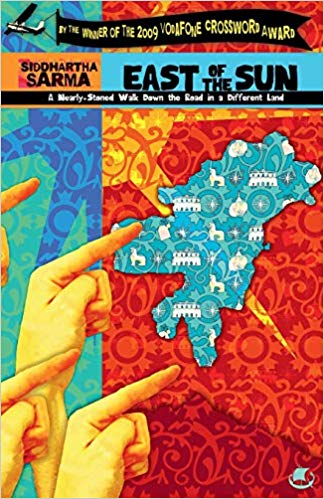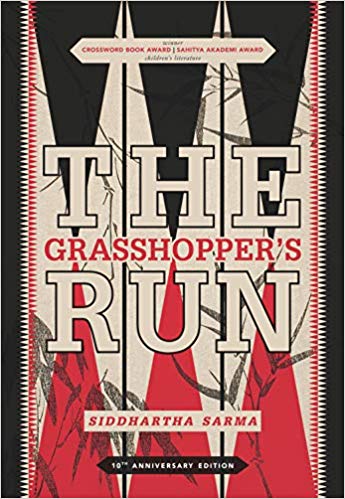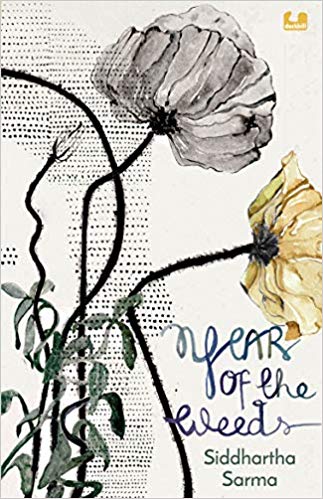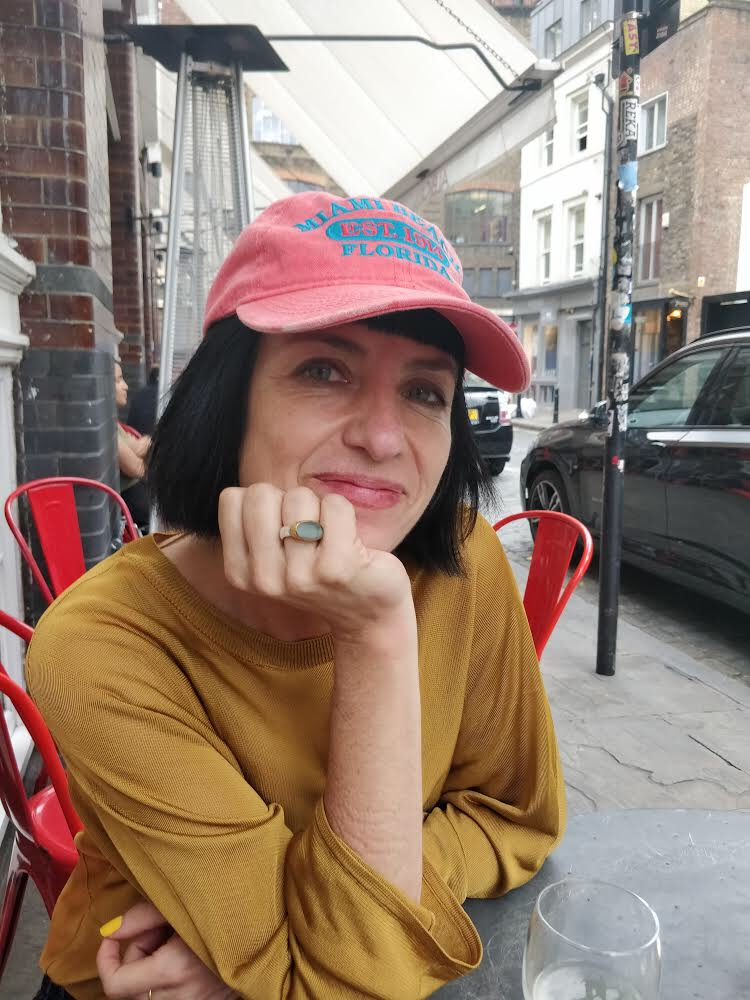“The Longest Kiss: The Life and Times of Devika Rani” and “Maryada”
The Longest Kiss: The Life and Times of Devika Rani by Kishwar Desai ( Context, Westland Books), is a biography of the famous Bollywood actress, Devika Rani. It is a biography that Kishwar Desai has put together after poring over thousands and thousands of the actress’s personal correspondence. It creates an image of woman who was a strong individual, had an identity of her own, knew her mind and was very sure what she wanted out of the film industry. She was then the only, and perhaps even now, actress/filmmaker/producer and owner of a film studio – Bombay Talkies. She was known internationally in the 1930s, a feat that is hard for many to achieve even today, nearly a century later!
The Longest Kiss is informative and an absorbing read even if one is unfamiliar with the Bollywood landscape of the 1930s to 1940s. Bombay Talkies produced some of the better-known films of its time. It helped launch careers of many actors such as Ashok Kumar and Dilip Kumar. Kishwar Desai captures the tumultousness of setting up a new business, in what was then uncharted waters, but the manner in which Devika Rani supported her first husband and business partner, Himansu Rai is astonishing. There are glimpses of the tough life she had and the balancing act she had to do often especially with Himansu’s failing mental health and irascible temper. Apparently in private he would take it out on Devika Rani, at times leaving her unconscious and yet she persisted in supporting him and working hard to preserve their business. Often she was also the leading lady in the films they produced together. Having said that she ensured that Bombay Talkies ran smoothly, the women actresses hired found it to be a safe haven and a respite from their domestic drudgery, the employees found it to be professionally run and the presence of the German cinematographers were more a blessing than an interference. So much so when the British arrived at the height of World War II to whisk the Germans away to detention camps, Bombay Talkies continued to work smoothly as the Indians had been trained well by the Germans and Devika Rani ensured that there was no break in the production schedules. Of course, Kishwar Desai details a great deal of the financial ups and downs the firm faced and how deftly Devika Rani steered it through. The actress even survived successfully a revolt within her firm and the board and continued to make films that were a critical and a commercial success. It was later that she was introduced by Bharati Sarabhai to the former Russian aristocrat and painter Svetsolav Roerich. They got along famously well and the rest as they say is history. This too is documented fairly well documented by Kishwar Desai except that it forms a very slim portion of the book. Devika Rani died a wealthy woman, a far cry from the days with Himansu when she had to starve herself or hide the fact that she did not have sufficient clothes to wear.
This is a fascinating book that was fifteen years in the making and will forever be referred to by cinema buffs, researchers and historians curious about India’s past, and of course feminists who would be keen to review how a young woman, newly returned from Britain, left her mark on the film industry in this astonishing manner. All this despite the trials and tribuulations she faced at home, Himansu was known to beat her but she hid it from public, he had reduced her to penury and she had pawned her jewels to help him maintain his illusion of a successful man. There are so many wrongs in this and yet so many women readers will recognise the eternal truth of being caught in this bind of being themselves while being “supportive” of their male partners. There is this particular sentiment that wafts through the book that is difficult to pin down. It is a feeling that develops within the reader curious as to why Devika Rani despite all odds chose to stay with an abusive partner like Himansu even if the rationale of sharing a business interest is offered. Of course, the love that Svetsolav and she had for each other was a blessing. Even so, this steadfast loyalty to Himansu is inexplicable.
Kishwar Desai writes ( p.430):
It was ironic that all these years, she had longed to be looked after. In all her relationships, she had wanted a mentor,a father figure to replace the one she had lost so early — but the men in her life would always lean on her, instead. Somewhere, then, did she always feel unfulfilled? Perhaps it was the loneliness. . . .
I had to take a break from this increasingly bewildering feeling about Devika Rani as to why she stuck it out with Himansu and I was not convinced by the argument that it was loneliness. While on a break, I picked up Arshia Sattar’s lucidly written collection of essays about Maryada, or ‘boundary’ and ‘propriety of conduct’. It is a complicated concept especially since the one version that has held supreme is the idea of ‘maryada purshottama’ or the ‘ideal man’ as the defining virtue of Rama in the Ramayana. But in her essays, Arshia Sattar sets out to explore how the Hindu epics are driven by four ‘operators’ — dharma, karma, vidhi ( fate) and daiva (intervention by the gods). How these especially the various kinds of dharma are fulfilled by individuals by the choices they make. In Maryada ( HarperCollins India) Arshia Sattar tries to delineate the various ways in which these can be achieved or even recognise how others apart from Rama practise this concept. In her concluding remarks in the essay on “Ayodhya’s Wives” where she tries to understand Rama’s arguments about love, she writes:
Rama indicates that Dashratha, too, has acted out of love for Kaikeyi, as Rama is about do now for his wife Sita. Acts of love have to be the most subjective, individual choices that anyone can make, for surely no two people love alike. And yet, Rama feels compelled to transform these acts of will, acts located deep within the sweetest and most expansive spaces of the human heart, into choices that lie within the framework of dharma such as the one that controls him and his father, both as kings and as husbands.
Acting within the constraints of dharma, taking on the roles and walking the paths that have been circumscribed for an individual who is a man, a king, a husband, a son, a brother, minimizes the potential these personal choices have for subversion. …Free will has been eliminated from the discourse of right and wrong, and once again, dharma has been instrumental as the basis not only of action, but also of choice.
It may be a bit far-fetched to think that Devika Rani was at some level following the ideals of the faith she had been brought up in and was whether self-consciously or otherwise fulfilling her dharma. Who knows? And we shall certainly never know. But it is this very fundamental concept of choices that a woman makes that is at the core of the third wave of feminism. Perhaps this angle could have been explored further if Kishwar Desai had chosen to exploit her strength as a novelist to create a thinly veiled fictionalised biography based on facts as David Lodge had done in his novel Author, Author that is about American novelist Henry James. For now I have reservations about The Longest Kiss kind of a biography that oscillates between sharing documentary evidence, especially of the financial aspects of running Bombay Talkies, and ever so often delving into the fiction when imagining the romance between Devika Rani and her husbands, does not quite come together seamlessly. The non-fiction narrative is absorbing to read even if it is based on facts that are never footnoted in the text. So why disrupt the flow of reading with romantic episodes that do not sit well in the text? It does not make any sense even if Devika Rani was a romantic at heart.
Having said that Kishwar Desai’s biography of the actress will be considered as a seminal piece of work even if my Eureka moment of attempting to understand who Devika Rani was by reading some of Arshia Sattar’s brilliant essays. But isn’t that what reading is all about? It raises questions reading a book and that may or may not get answered by reading another one?
Read the books for yourself and judge.
12 Jan 2021

